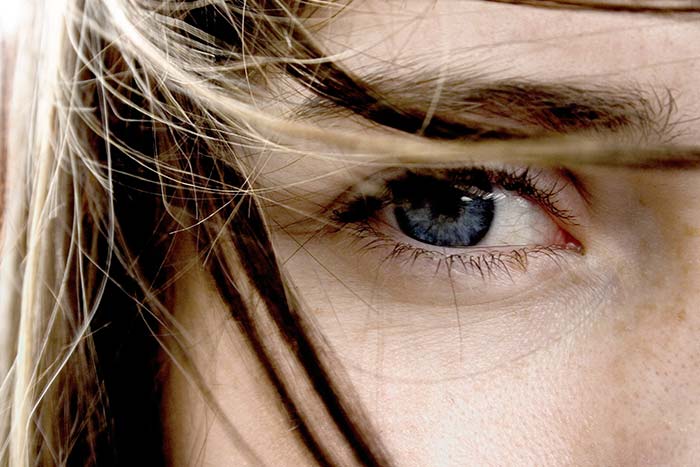
Does déjà vu hint at parallel universes? Is it evidence of reincarnation from a past life? Or is it simply a curious mental error, a telltale glitch in our brain that hints at the architecture of the mind?
It depends on who you ask.
Déjà vu invokes a sudden sensation of familiarity, most commonly in response to a scene, but the stimulus could also be a person, place, or even just a passing thought. Yet the feeling of familiarity hangs in the air without explanation. There is no retrievable memory to explain it. In many cases, we know the situation is novel; there’s no way we could have been here before or previously met this person. And yet…
Déjà vu literally means ‘already seen’ — as in, I’ve been here before. I don’t remember when, but it feels so familiar. Déjà vu is a French term coined by the psychologist Emile Boirac near the end of World War I.
The intrigue of déjà vu falls squarely within the realm of psychology, the study of mind and behavior. Psychologists have taken up the question of déjà vu many times in the last century without ever arriving at a consensus on its significance. In recent years, researchers have attempted to recreate the phenomenon experimentally. Here’s what we know so far.
What Is Déjà Vu?
Déjà vu is transient, like a blip on a radar or a hiccup. The sensation is often met with surprise and intrigue, even anticipation of what comes next. It may be accompanied by an eery feeling of unreality. It’s been described as a psychic aberration, drawing attention to the oddness of apparently confusing a new situation with one already experienced.
Among psychologically normal individuals, déjà vu appears at rates ranging from 30 to 96 percent. It’s just as common in women as men, and among different racial groups. Its frequency is tied to how often you travel, dream, and watch movies. It also happens in young folks and people with higher levels of education and occupational skill. In general, folks with good memory function seem to experience it a lot.
Other psychologists suggest déjà vu occurs more to those with a greater number of experiential memories to draw on. Anne Cleary of Colorado State University says, “People who travel, dream, or watch movies more often should have more potential sources of familiarity stored in memory than people who rarely do these things.”
Bad Déjà Vu
Research shows that there are ordinary, non-pathological forms of déjà vu and pathological forms indicating another serious problem. The vast majority of cases are the former. Ordinarily, we don’t experience any kind of negative emotion, impaired judgment or psychosis when déjà vu strikes.
In rare cases, though, déjà vu is a neurological symptom. It can, for example, be a sign of temporal lobe epilepsy. In some epileptic patients, its frequency and intensity tracks the incidence of seizures. Several authors have suggested it could even be a kind of partial seizure. Pathological déjà vu is more vivid and frightening, and frequently accompanied by feelings of detachment or sensory hallucinations. It’s not a pleasant experience.
Thanks to epileptic patients with recurring déjà vu, we know it’s a right-brain thing, occurring mainly in the right hemisphere. The right and front temporal lobes of the brain are a major hotspot.
Theories of Déjà Vu
Among the most compelling explanations for non-pathological déjà vu are the Similarity Hypothesis and the Familiarity Hypothesis. These theories are not mutually exclusive; both provide useful insights.
There is experimental evidence for the Similarity Hypothesis, which suggests that the déjà vu-gripped mind is merely conflating the difference between the current situation and a similar past one. This straightforward explanation treats it as an error — a misfire of the normal relationship between memory and recognition.
Déjà vu is also related to familiarity. The subject apparently experiences familiarity-based recognition in the absence of a memory counterpart. Normally, our feelings of familiarity are consistent with remembered reality and emerge in concert with a more-or-less objective memory.
But when this synchrony breaks down during déjà vu, we may instinctively rely on our sense of familiarity alone. Some people can become convinced they really have ‘been here before’ or met this person ‘in a past life.’ Thus, a market for parapsychologists is born. The missing memory has generated intrigue — a mystery is at hand: what could have possibly caused this feeling of familiarity if not an actual memory?
The rub is the persistent gut feeling of familiarity. We can usually trust this ‘sixth’ sense. When we feel something or someone is familiar, the sensation serves up a powerful message of connection with the past. The trick to staying sane during déjà vu is allowing the knowledge of not having been someplace before override the false feeling of having actually been there.